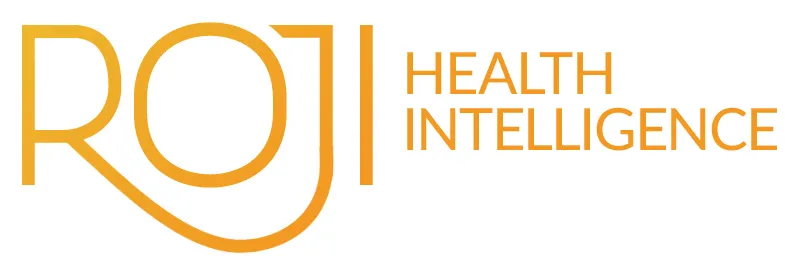This article originally appeared in the April 2020 edition of Accountable Care News [PDF download]. COVID-19 continues its inexorable, exponential spread here in the U.S. Hospitals in New York City, now accounting for more than 7 percent of confirmed cases worldwide, have less than a quarter of the critical equipment and supplies needed to serve […]
How AI Can Engage Consumers to Reduce Disease Risk: The Case of Atrial Fibrillation
In our last article, we assessed how AI could be used to achieve clinical success for individual conditions, and to apply the technology to broad cost reduction efforts and population health interventions. But here’s the real test: Can we effectively apply AI technology to help patients better engage in lifestyle risk reduction—particularly for specific conditions […]
Risk Payment Models Will Fuel Growth of Equity-Backed Physician Practices
Risk payment models present a daunting challenge to the very cultural of medicine—for most physician practices. Physicians identify their practices as clinical enterprises more than businesses, although some have managed to achieve success solely by being excellent clinicians in their fields. Patients, however, are quick to see the flaws along with higher costs—hence complaints about […]
Can ACOs Survive the Complicated New Landscape in Medicare Risk?
What a difference a year makes. In Spring 2018, many Accountable Care Organizations (ACOs) pondered a walkout over Medicare plans that included downside risk in ACO financials. Nonetheless, CMS finalized its plans to make provider risk a reality for all ACOs in its Pathways to Success overhaul of the Medicare Shared Savings Program (MSSP). ACOs’ […]
Can Provider Risk Cure High Medical Costs?
Fee-for-Service (FFS) has been on a slow march toward risk-based reimbursement for two decades. But FFS has proven to be remarkably resilient—until now. In the last six months, Medicare has doubled down on creating new provider risk models for ACOs, specialists and primary care physicians. All of them have methods to ensure that providers are […]
Higher Risks, Worse Disease, Fewer Choices: Health Care Fails African American Women the Most
No matter how we measure disparity in health care for women in the U.S, African American women stand out. Across the board, they have higher risk factors for disease and poorer outcomes, including much higher mortality for many conditions. African American women contract cardiac disease and cancer at a younger age and, often, in worse […]
Should Value-Based Health Care Help Improve Life Expectancy?
As Americans in a highly developed and prosperous economy, we have ascribed a value to our highly sophisticated, expensive health care system—that it should enable us to achieve better health. If we didn’t believe in the value of our health care system, we would not support health coverage, most people would not visit health care […]







